An ACL injury can make sports or daily activities challenging for athletes and active individuals. At Amicare Hospital, our ACL reconstruction surgery in Ghaziabad helps restore knee stability for footballers, cricketers, and fitness enthusiasts. Our Dr. Himanshu Gupta, an orthopedic surgeon with over 10 years of experience and training in Germany, Singapore, and Japan, leads our team. With more than 1000 knee surgeries performed, Amicare uses small-incision keyhole surgery to support recovery. Our sports injury centre focuses on personalized knee injury treatment to help you return to your activities
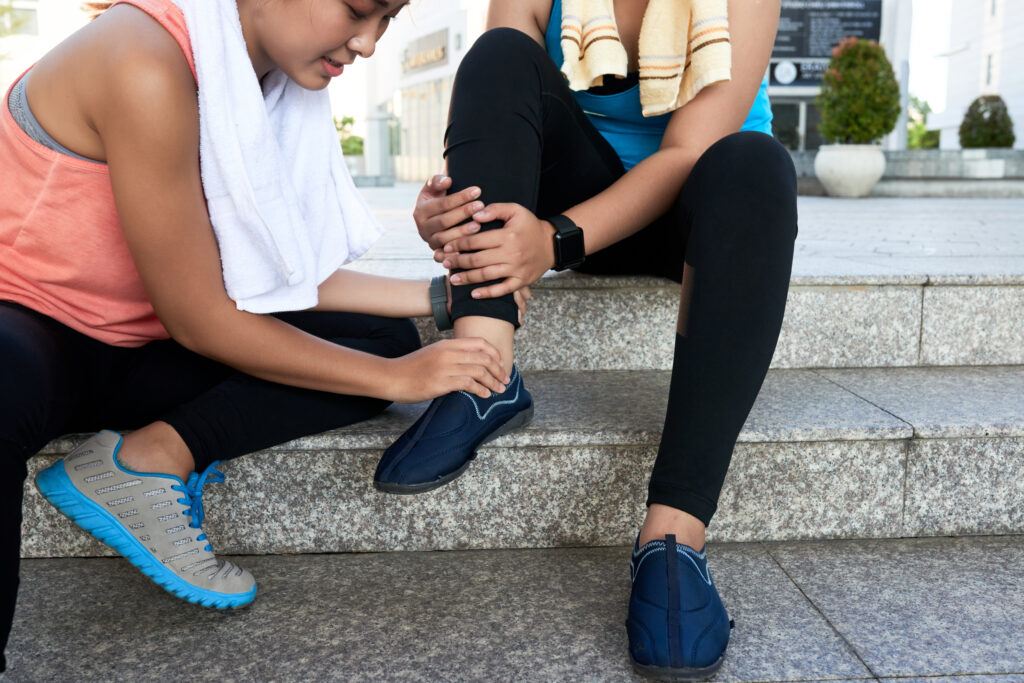
The ACL (anterior cruciate ligament) is a key ligament that helps stabilize your knee joint. Injuries to this ligament are common among athletes, often occurring in sports like football, basketball, or running. The American Academy of Orthopaedic Surgeons reports over 200,000 ACL injuries yearly, with athletes at higher risk due to dynamic movements.
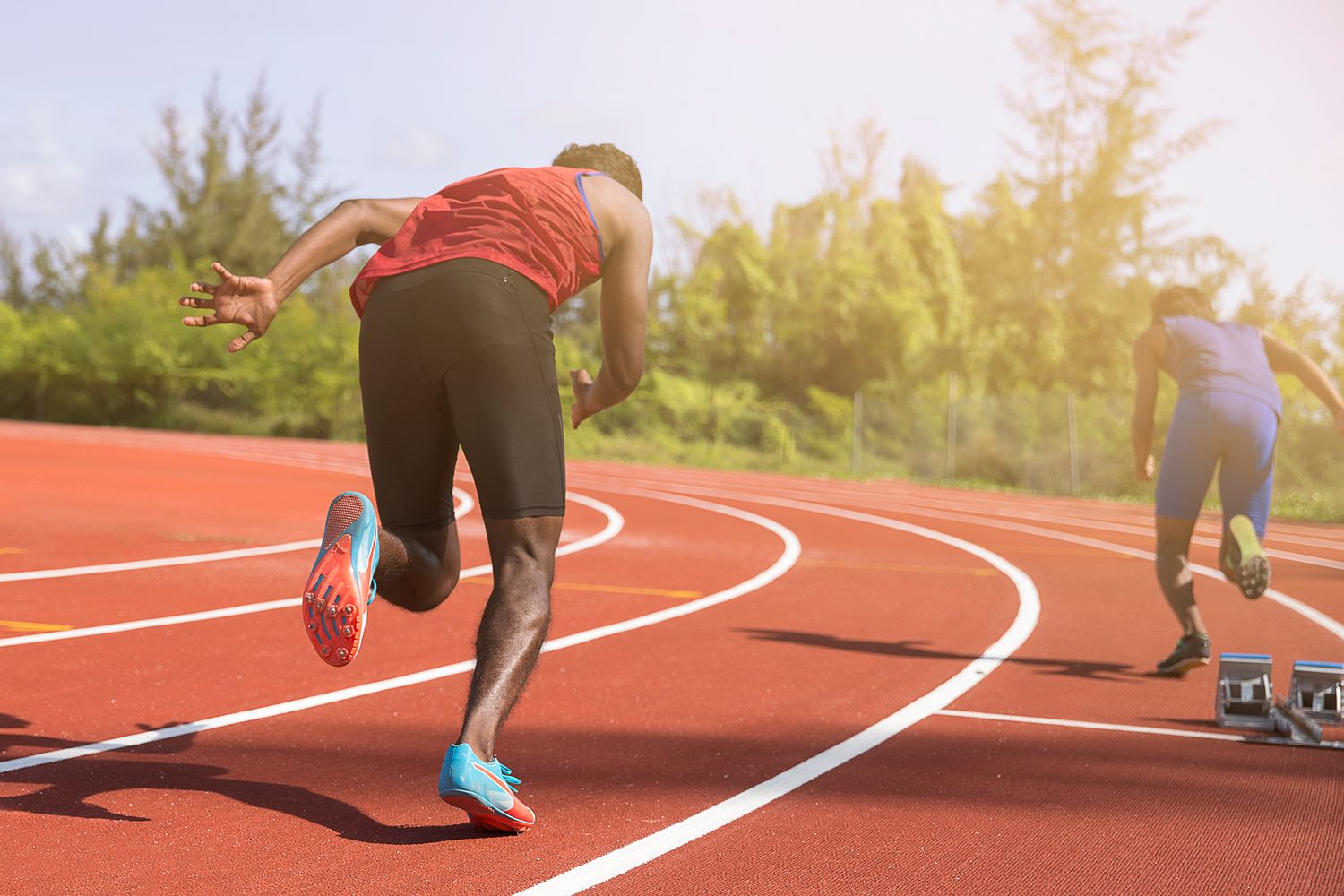
Intense discomfort or swelling sets in within a few hours of activity or trauma.
Many athletes report hearing a “pop” at the moment of injury—an instant red flag.
Your knee feels like it might give out or can’t bear your weight during movement or turns.
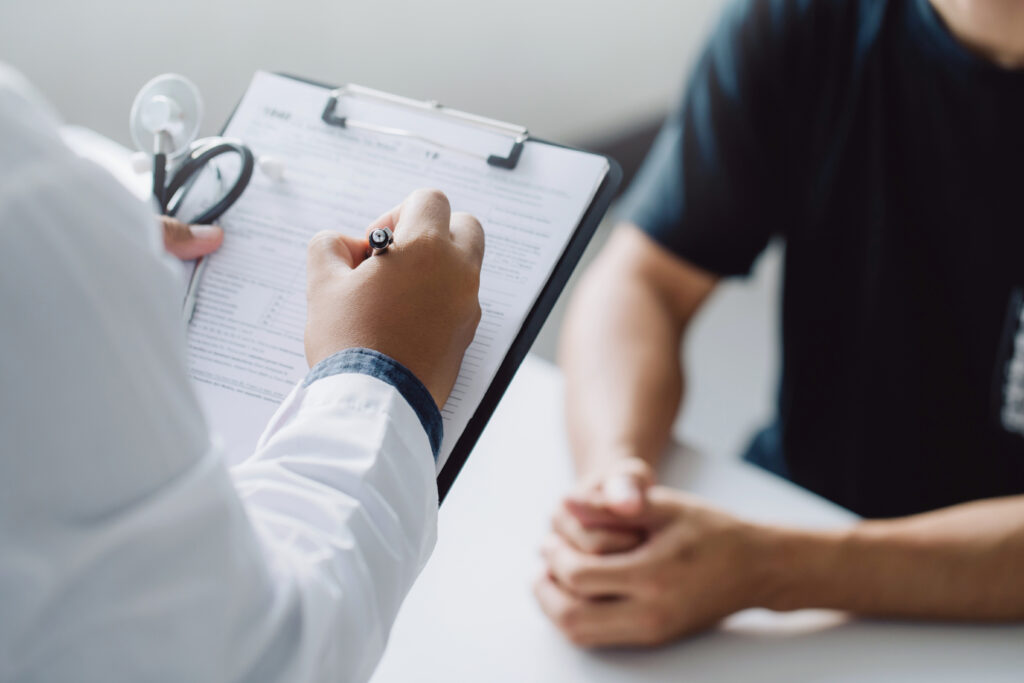
At Amicare Hospital, we use advanced tools to accurately diagnose ACL injuries and create personalized treatment plans.
Patients should also be aware of bad signs after ACL surgery to avoid complications.

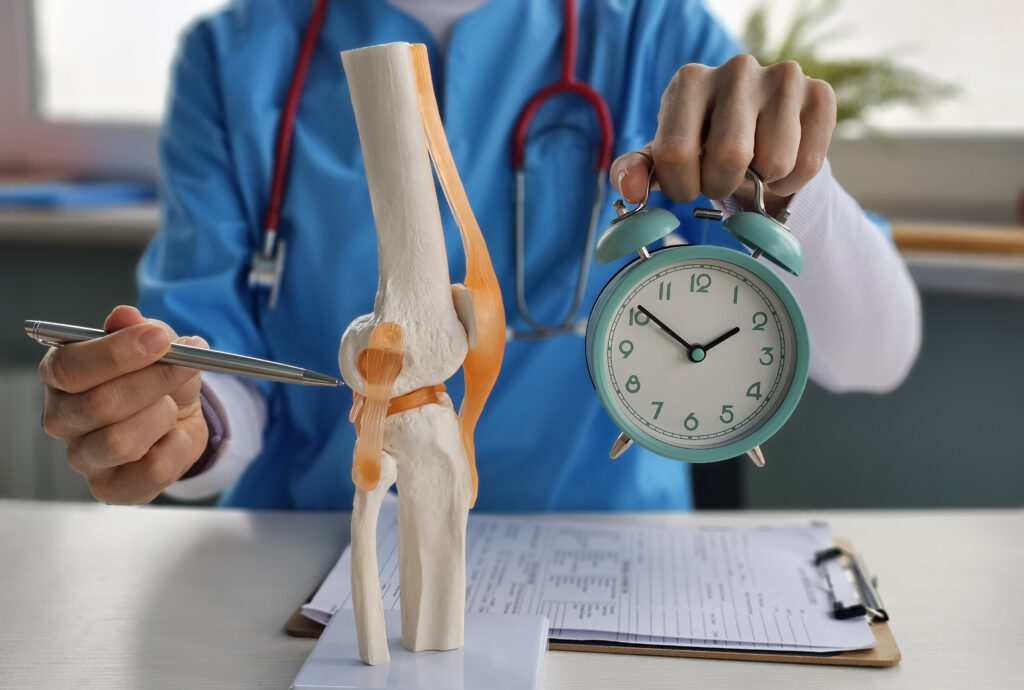
Ignoring an ACL injury can lead to:
Quick ACL injury treatment is crucial to preventing these issues. Amicare’s expertise in sports injury knee care ensures you get a plan that fits you, whether it’s surgery or other options.
For serious ACL injuries, ACL reconstruction surgery at Amicare is the best way to get your knee strong again. This section explains our simple knee ligament surgery process, led by Dr. Himanshu Gupta, using small-incision keyhole surgery and modern equipment. We achieve over 98% success, helping athletes get back to sports quickly.
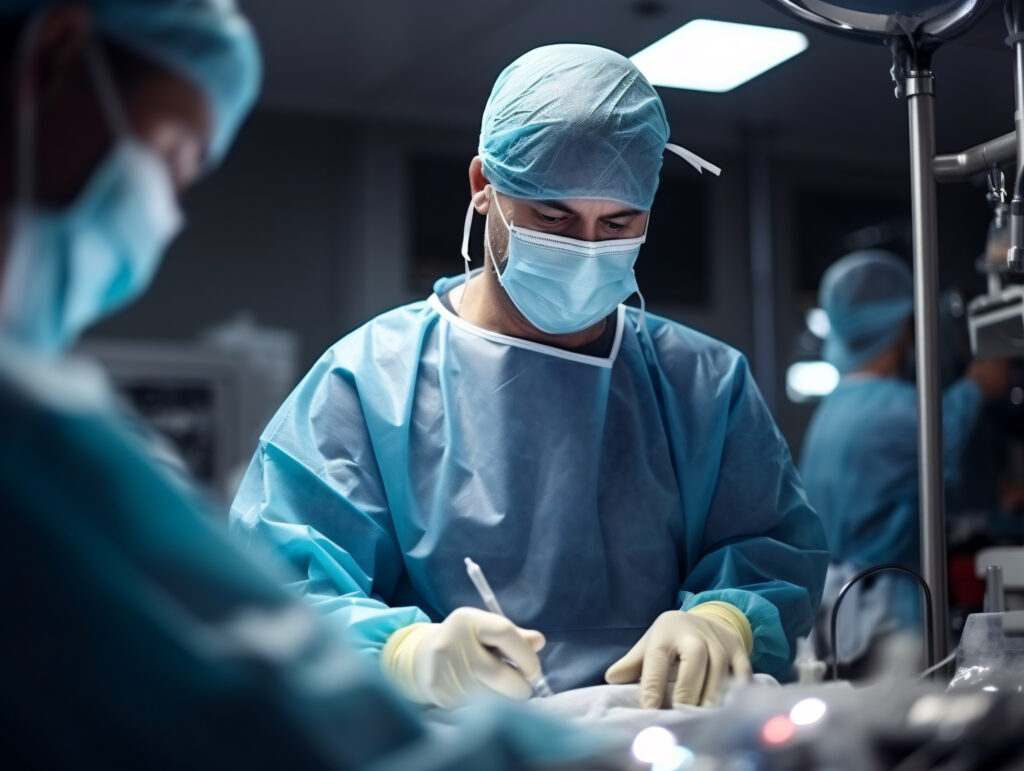
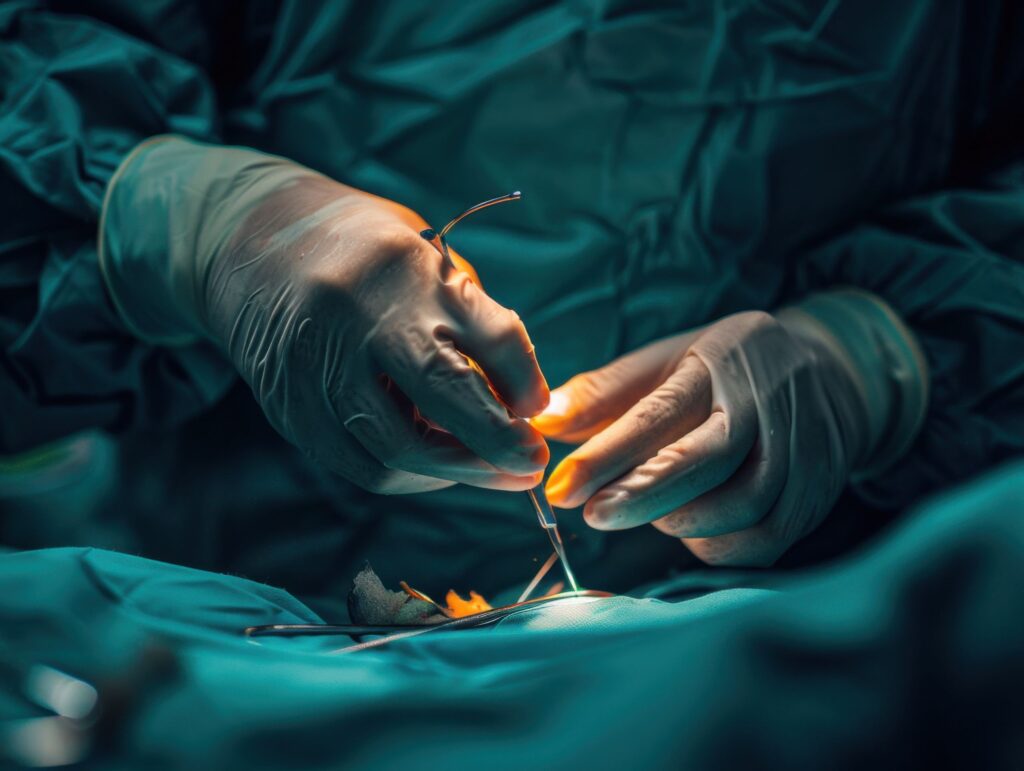

Not every ACL injury needs surgery. At Amicare, we offer non-surgical ACL treatment for partial tears or less active patients. Dr. Gupta creates custom plans, including:
Still unsure if surgery is right for you? Get a personalized treatment plan.
The table below compares ACL reconstruction surgery with non-surgical treatments to help athletes and active individuals. Consult Dr. Himanshu Gupta for a personalized treatment plan.
| Treatment Option | How It Works | Ideal Candidates | Recovery Time | Key Benefits | Limitations |
|---|---|---|---|---|---|
| ACL Reconstruction Surgery | Replaces the torn ACL with a graft (autograft or allograft) using minimally invasive keyhole surgery. | Athletes, active individuals with complete ACL tears, or those needing full knee stability for sports like football or cricket. | 6–12 months | Restores full knee stability for high-impact sports. 98% regain mobility (Amicare data, 2018–2024). Supports long-term knee health. | Surgical risks (less than 1% infection risk, graft failure). Requires commitment to rehabilitation. |
| Physical Therapy | Targeted exercises to strengthen knee muscles and improve stability. | Patients with partial tears or those with low activity levels (e.g., non-athletes). | 3–6 months | Non-invasive. Builds muscle strength. No surgical risks. | May not provide enough stability for competitive sports. Slower progress for active individuals. |
| PRP Therapy | Injections of platelet-rich plasma to encourage tissue healing. | Patients with partial tears or mild injuries, often treated alongside physical therapy. | 2–4 months | Non-surgical approach. Promotes natural healing. Quick recovery for mild injuries. | Less effective for complete tears. May require multiple sessions. Limited long-term data. |
| Bracing | Uses a knee brace to support the joint during daily activities or light sports. | Temporary support for partial tears or non-surgical candidates. | Varies (weeks to months) | Immediate support. Non-invasive. Easy to implement. | Does not restore full knee stability. Not suitable for high-impact activities like running or sports. |
Recovery from ACL reconstruction surgery takes 6–12 months, depending on your injury and
goals. Amicare’s sports injury rehab programs, designed by Dr. Gupta, help athletes regain
strength and confidence.
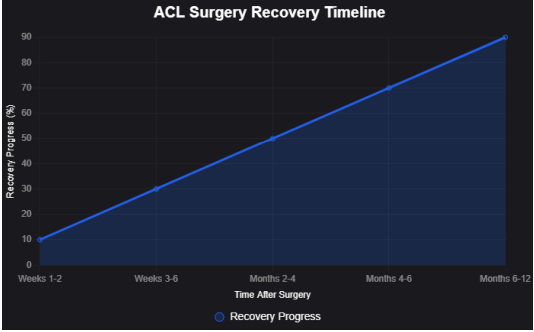
Amicare Hospital is trusted by 750+ athletes across Delhi NCR for expert ACL reconstruction and sports injury care. With advanced facilities and a 98% success rate under the guidance of Dr. Himanshu Gupta, we help you return stronger, faster.

ACL surgery costs vary based on graft type, surgical method, and hospital stay; Amicare offers affordable, personalized treatment estimates.
The cost of ACL surgery depends on factors like:
Type of Graft: Using tissue from your own body or donor tissue.
Surgery Method: Simple keyhole surgery or advanced robotic systems.
Hospital Stay: Usually 1–2 days for recovery and care.
For a personalized cost estimate, contact us. Amicare works to keep knee injury treatment affordable for patients.
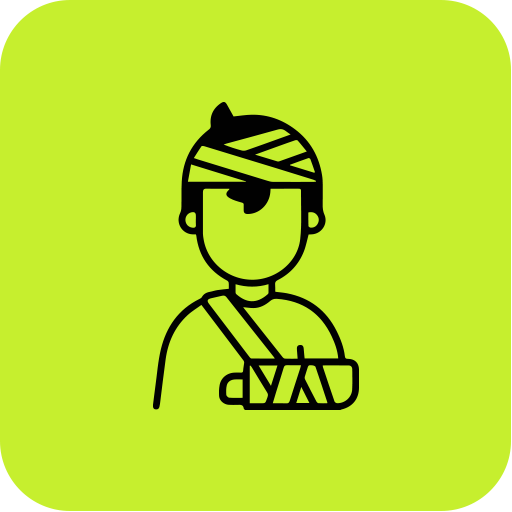
To prevent ACL injuries, warm up with dynamic stretches, strengthen knee muscles with exercises like squats, and use proper landing and turning techniques.
Preventing ACL injuries is crucial for athletes. Dr. Gupta shares simple tips:
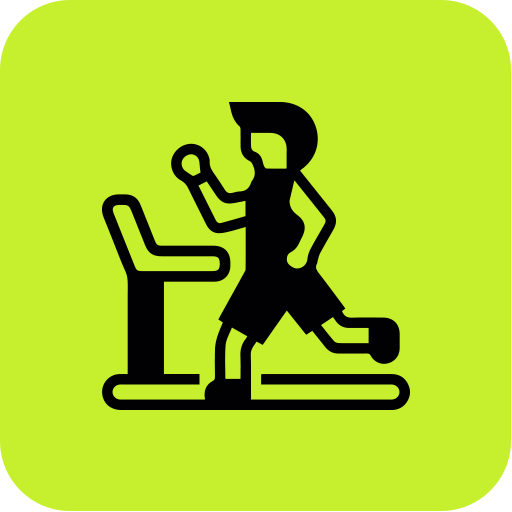
Build knee strength and stability with hamstring curls, single-leg balance drills, and controlled plyometric jumps for agility.
Hamstring Curls: Strengthen back-of-thigh muscles.
Single-Leg Balance: Improve knee stability.
Plyometrics: Controlled jumps for agility.

ACL surgery costs vary based on graft type, surgical method, and hospital stay; Amicare offers affordable, personalized treatment estimates.
The cost of ACL surgery depends on factors like:
For a personalized cost estimate, contact us. Amicare works to keep knee injury treatment affordable for patients.

To prevent ACL injuries, warm up with dynamic stretches, strengthen knee muscles with exercises like squats, and use proper landing and turning techniques.
Preventing ACL injuries is crucial for athletes. Dr. Gupta shares simple tips:

Build knee strength and stability with hamstring curls, single-leg balance drills, and controlled plyometric jumps for agility.
Hamstring Curls: Strengthen back-of-thigh muscles.
Single-Leg Balance: Improve knee stability.
Plyometrics: Controlled jumps for agility.
Athletes playing sports like football, cricket, or badminton, especially those involving jumping or turning, face a higher risk of ACL injuries. Women and younger athletes may also be more prone due to physical factors like knee alignment.
Expect mild pain, swelling, and limited mobility in the first week. Amicare’s team provides pain relief, ice therapy, and gentle exercises to start recovery. Regular check-ins ensure progress for patients.
ACL injury recovery time typically takes 6–12 months, depending on the injury and your activity level.
The cost of the surgery depends on the type of graft (your own tissue or donor tissue), the surgery method (keyhole or robotic), and the length of hospital stay (usually 1–2 days). Contact Amicare for a personalized cost estimate.
Yes, this surgery replaces the torn ligament with a new one. Amicare’s small-incision methods help lower risks and shorten ACL injury recovery time.
The surgery steps include diagnosing the injury with tests like MRI, choosing a graft, performing keyhole surgery, and following up with rehab. Amicare customizes each step for patients.
Amicare uses modern equipment for knee injury treatment. Further, Dr. Himanshu Gupta, with training in Germany, Singapore, and Japan, has performed over 1000 knee surgeries, ensuring reliable care at our sports injury centre.









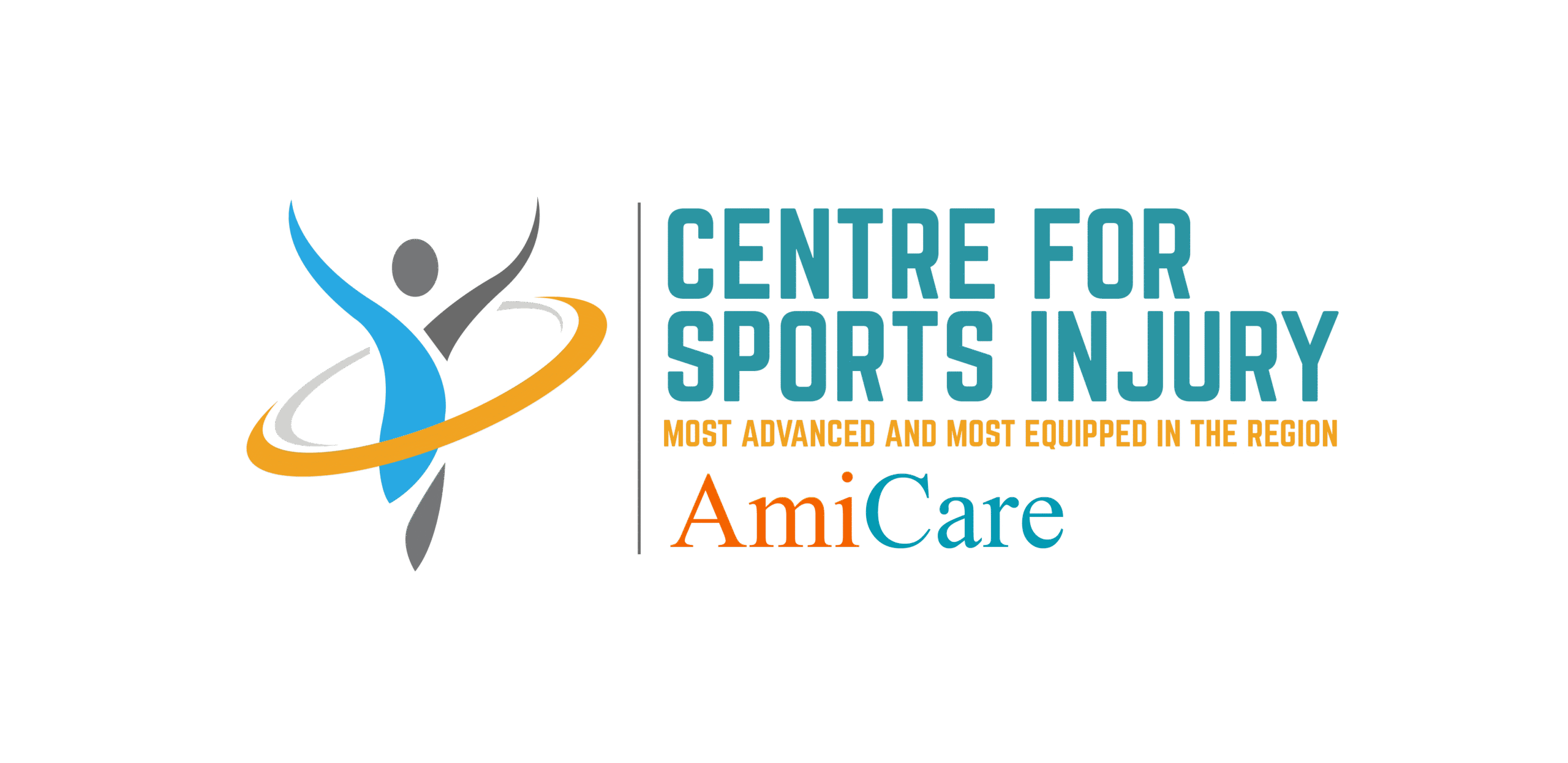
Recover faster, play stronger. Advanced care for ACL tears, shoulder dislocations, ligament injuries, and more — all under expert hands and cutting-edge technology.